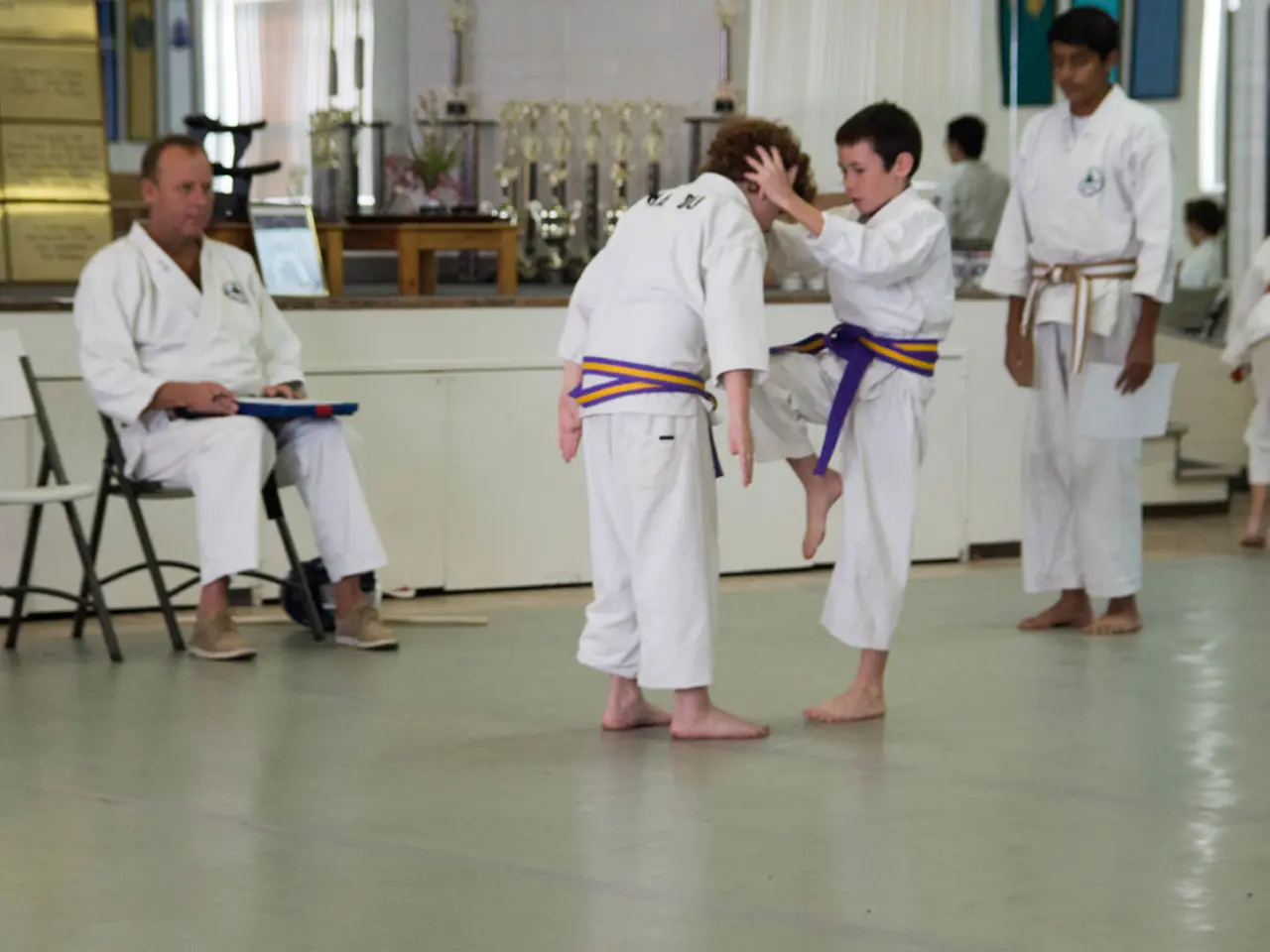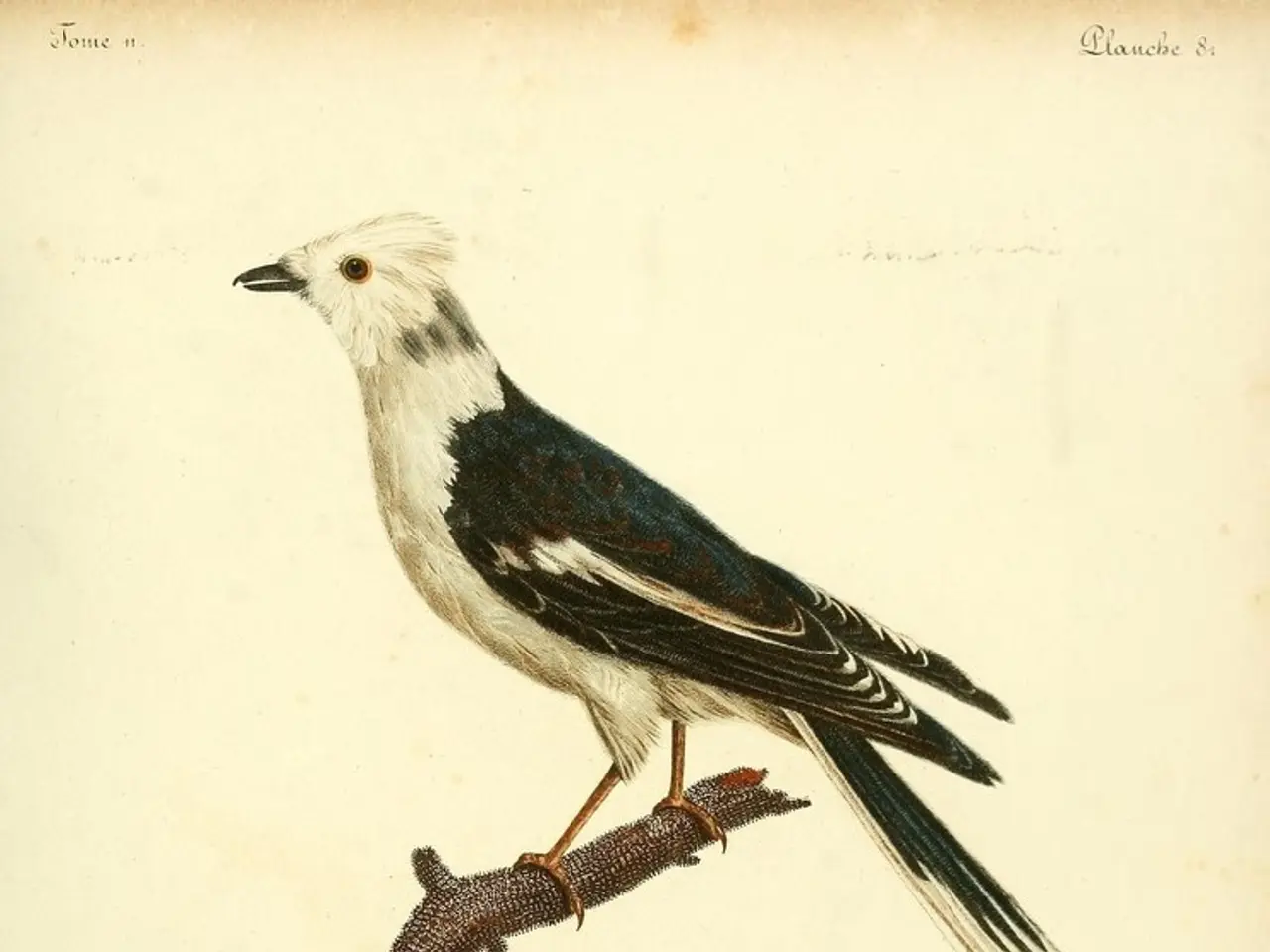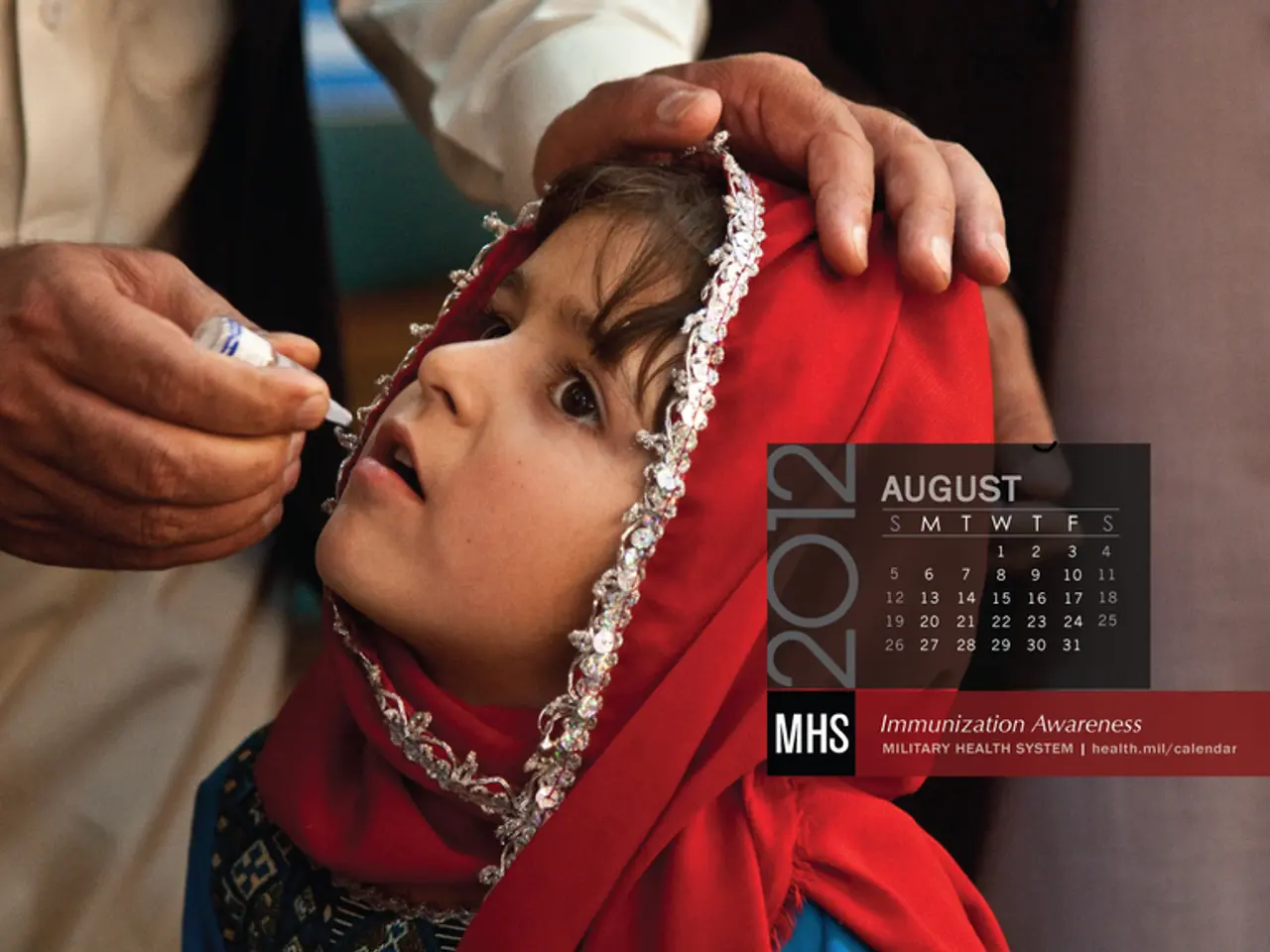Elderly Individuals in China Learn Discipline Through Whip and Sword Training
Unusual Sports Keep China's Elderly Population Active and Healthy
In China, a growing number of seniors are turning to unconventional sports to maintain their fitness and wellbeing. Activities such as whip and sword training, Jianzi, and dancing are becoming increasingly popular among the elderly, offering a unique blend of physical exercise and cultural tradition.
Jianzi, a shuttlecock, has been a staple in Chinese culture since the Eastern Han Dynasty (206 BC to 220 AD). Today, it is often played by pensioners as a way to maintain health and build friendships. One notable player is Lao Fan, a 70-year-old man considered one of the best Jianzi players in China.
Whip and sword training, in particular, are gaining attention for their numerous benefits. These activities provide mind-body exercise modalities that improve physical function, mental health, and overall quality of life. They align with the characteristics of traditional Chinese exercises like Taiji and Baduanjin, which are known for their effectiveness in elderly fitness.
Research supports the benefits of these unconventional sports. Improved physical functioning and quality of life, mental health benefits, and the alleviation of frailty syndrome are just a few of the key findings. Training sessions lasting 50–60 minutes, 2–3 times per week, yield substantial health benefits, making these activities an effective fitness option for the elderly.
The dynamic, rhythmic, and balance-challenging nature of these sports engages multiple muscle groups, improves coordination, flexibility, and cardiovascular health, while also providing cognitive stimulation through learning complex movements. These factors are essential to healthy aging.
China's rapidly aging population is putting pressure on the pension system and labor market. However, the "Silver Economy" is a growing sector in China's economy, expected to contribute nine percent to growth by 2035, up from the current six percent. Special trains for seniors, called "Silver Hair" trains, offer catering on board and a medical station, catering to the needs of this demographic.
Early retirement can provide opportunities for seniors to try new things, according to Liu Yajun, a doctor of traditional Chinese medicine. Activities like whip and sword training, Jianzi, and dancing can strengthen muscles and bones, improve coordination and balance, especially in old age. Mrs. Wei, a 51-year-old woman, practices sword and fan Tai Chi every morning with other retirees, claiming it promotes blood circulation and helps with minor physical ailments.
Ge Fang, a 68-year-old woman, dances "sailor dance" and claims it has a great influence on the health of older people. Mr. Wang, a 69-year-old man, uses a whip for exercise due to a stiff shoulder, as advised by his doctor.
As China's population continues to age, these unconventional sports serve as culturally resonant, enjoyable, and effective modalities to enhance both physical and psychological health among the elderly, complementing other established exercise forms.
- The employment policy in many Chinese communities promotes the incorporation of unconventional sports, such as whip and sword training, Jianzi, and dancing, into the elderly's fitness and wellness regime.
- The science behind these unconventional sports, like whip and sword training and Jianzi, indicates substantial health benefits for the elderly, including improved mental health, physical function, and quality of life.
- Integrating activities like fitness-and-exercise such as whip and sword training, Jianzi, and dancing into health-and-wellness routines can be beneficial for aging individuals, aligning with traditional Chinese exercises known for their efficiency in elder fitness, like Taiji and Baduanjin.




